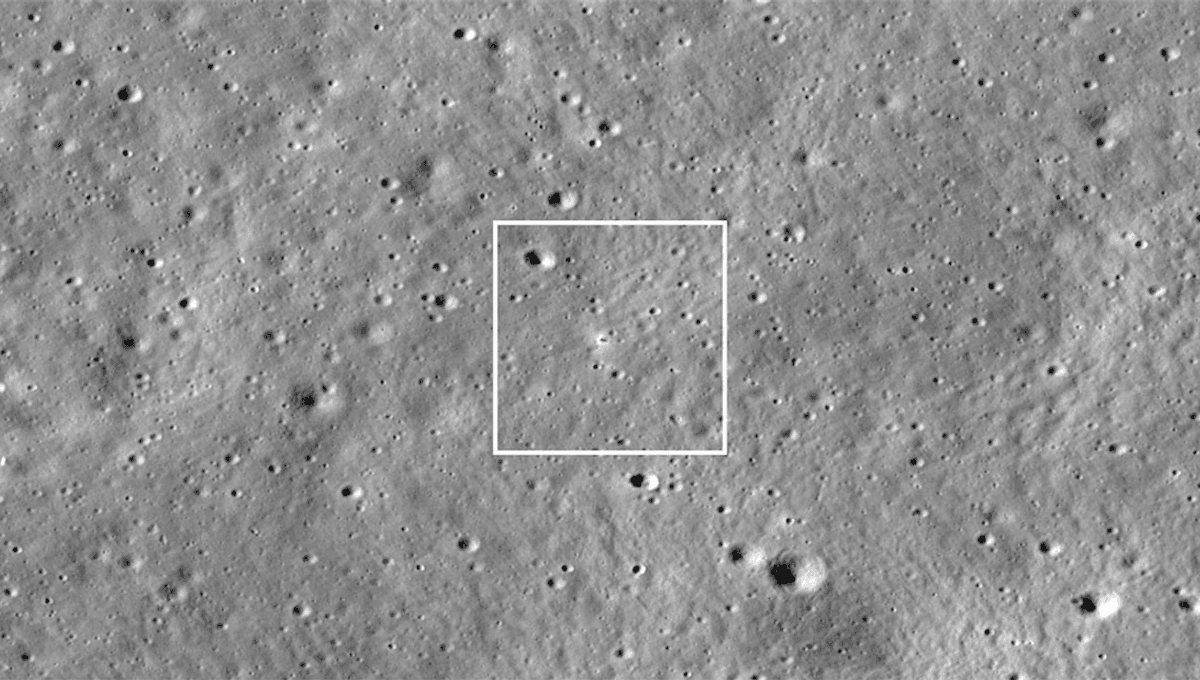
In August, India became the fourth nation to touch down on the Moon, and the first to land near the lunar south pole. Since touching down, the lander and rover have conducted experiments to measure the temperature at the landing site and analyze the composition of the lunar soil, before – perhaps for good – shutting down for the lunar night.
The mission has been a resounding success, detecting water ice, movement under the surface, and measuring the temperature at the lunar south pole for the first time in human history. Or did they?
Ouyang Ziyuan, often called the father of China’s own moon program, told Chinese-language newspaper Science Times that India’s Chandrayaan-3 Vikram Lander is far from the lunar south pole, sitting at 69 degrees south latitude. While on Earth that line of latitude would sit within the Antarctic Circle, he pointed out that, on the moon, the south pole begins around 88.5 and 90 degrees latitude, before he went on to brag about the Chinese space program.
China’s space program “has been capable of sending orbiters and landers directly into earth-moon transfer orbit since the launch of Chang’e-2 in 2010, a maneuver that India has yet to deliver given the limited capacity of its launch vehicles,” he told Science Times, as per Time. “The engine that China used is also far more advanced.”
While he may have a point suggesting that India did not technically land on the lunar south pole, that isn’t something that has been claimed by the Indian Space Research Organisation (ISRO). The lander touched down around 600 kilometers (373 miles) from the Moon’s south pole, where it has been captured by NASA’s Lunar Reconnaissance Orbiter.
ISRO has always been clear that they landed nearer the South Pole than any other nation, if not quite at the South Pole itself. It’s an impressive achievement and a mission that’s already telling us about the interesting chemical makeup of the lunar soil, even if it wasn’t at the South Pole itself.
Source Link: Top Chinese Scientist Says India Did Not Land At The Lunar South Pole